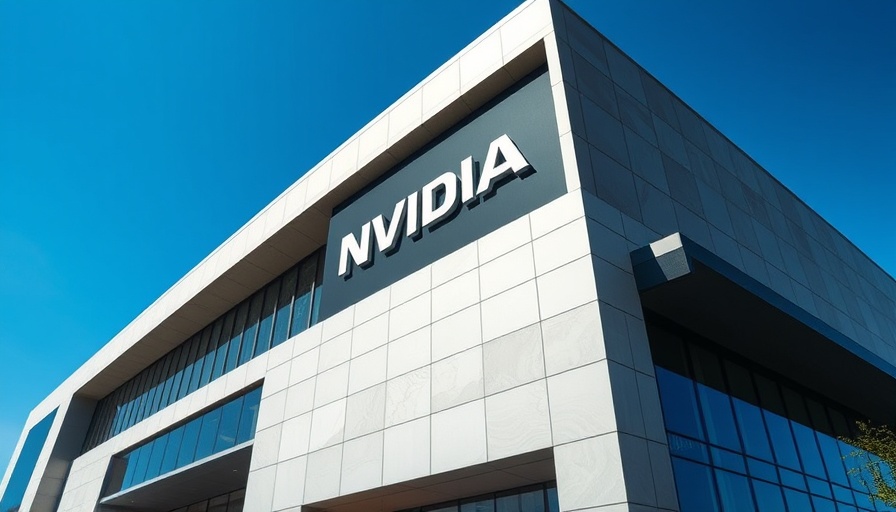
The Rise of AI Agents: Transforming Business Productivity
In a groundbreaking interview, Nvidia's Vice President of AI Software, Kari Briski, reveals how AI agents are set to revolutionize productivity across various business sectors. According to Briski, these intelligent systems can boost efficiency by up to tenfold, making tasks like coding, paperwork, and data processing significantly easier.
AI agents function as autonomous software programs that handle specific tasks independently, freeing human resources from repetitive duties. This allows businesses to focus on what really matters: innovation and customer satisfaction.
Unlocking New Levels of Efficiency
Briski highlights the array of applications AI agents offer, from assisting in writing research papers to providing customer service support. These agents can sort through vast amounts of data, identify key insights, and even draft complex documents—capabilities that could save countless hours in the workplace. For entrepreneurs, AI agents serve as a virtual 'sparring partner,' supporting brainstorming and idea generation without the overhead of hiring additional personnel.
The Impact on Software Development
Historically, AI technology in coding was limited to suggestions and auto-completion. Now, through advanced AI agents, developers can simply describe the desired outcome, and AI can autonomously write entire programs. This shift not only speeds up the development process but also allows developers to focus more on system architecture and user experience.
The Cost of Incorporating AI Agents
While the capabilities of AI agents seem promising, what about the cost? Nvidia, though not disclosing specific prices, notes that expenses can range widely depending on the complexity of tasks—from as little as $0.99 per conversation to $30 per hour for more advanced services. Comparatively, companies like Salesforce charge about $2 per conversation for basic assistance, while OpenAI is reportedly preparing more sophisticated AI agents priced between $2,000 and $20,000 monthly.
Competitive Landscape and Innovations
The competition among tech giants is heating up, with firms like OpenAI demonstrating robust capabilities through their ChatGPT, which can produce research papers in record times—like creating reports with nearly thirty sources within just ten minutes. Such efficiency illustrates the dramatic advancements in AI technology, especially considering companies like Nvidia are crucial in providing the chip power behind these innovations.
Future Trends and Predictions
As AI technology evolves, the future looks bright for AI agents. Briski emphasizes that these agents' decision-making capabilities will only improve, allowing them to perform more intricate tasks like real-time data analysis and strategic planning. This futuristic vision of AI in business includes not just operational improvements but also transformative impacts on employee roles and corporate structures.
Making Strategic Decisions with AI Insights
For business leaders, understanding the potential of AI agents can facilitate better decision-making and resource allocation. Recognizing AI's ability to influence outcomes and improve productivity can encourage executives to adopt strategies that incorporate these technologies.
Embracing the Change: The Human Element
Despite the emphasis on automation, Briski advises that the human element remains crucial. AI agents are tools designed to enhance human capabilities rather than replace them. Business leaders will need to adapt to this hybrid approach, cultivating a workforce that synergizes with AI to reach new heights of efficiency.
Conclusion: A Call to Action for Businesses
As AI agents continue to gain traction in the business world, it’s time for leaders to explore how these technologies can fit into their operational strategies. The integration of AI into business processes offers not just productivity benefits but a path to redefine work as we know it. Embrace the AI revolution now to stay competitive tomorrow!
 Add Row
Add Row  Add
Add 




 Add Row
Add Row  Add
Add 

Write A Comment